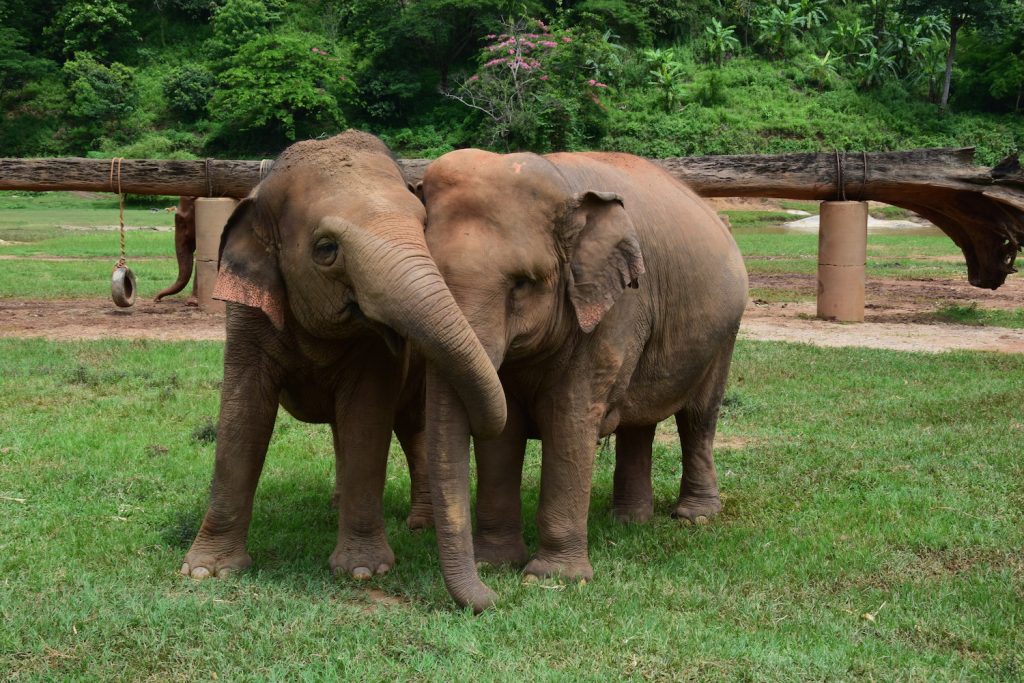Understanding elephants is essential to their conservation.

Every other day we read in the news papers about elephants being killed for destroying the homes, property and crop lands of villagers in the Batticaloa district. Some times elephant attacks on humans turn fatal.
Do we ever pause to think why a gentle giant like the elephant turns so violent?
Though Bull elephants are solitary, adult females and calves move about together as groups. Elephants form affectionate ties with their family members and they are even known to mourn the death of a family member. Elephants can be easily tamed to serve in the temple, zoo and circus.
Why then do they turn violent in the wild? The answer lies in their home range ( the distance an elephant is said to travel in a day).
Elephants are mega herbivores that eat up to 159 kg of plant matter (consisting of 112 different species) of plants per day. They have to also drink at least 80–200 litres of water a day and use even more for bathing. So you can imagine what a lot of distance the elephant has to travel to get their food and water.
It is here the trouble begins. The natural home range of elephants are being blocked by the development of villages, towns, dams and highways by humans. It is understandable why the elephants get annoyed with humans for not caring about their needs.
Being animals, elephants react to this human blockades rather violently which end up in broken homes, damaged property, destroyed croplands and at times deaths. The only way out of this human elephant conflict is to provide a undisturbed route( a biological corridor) for the elephant herds to carry on with their day to day activities. Growing palmyrah trees, setting up bee hives can serve as natural barriers to elephant encroachment into human property together with electric fences which are less safe to both elephants and humans.
In the end to conserve an animal species we have to care for them; to care for them we have to understand their life style and to understand we need information.
-Vino Santhanam

